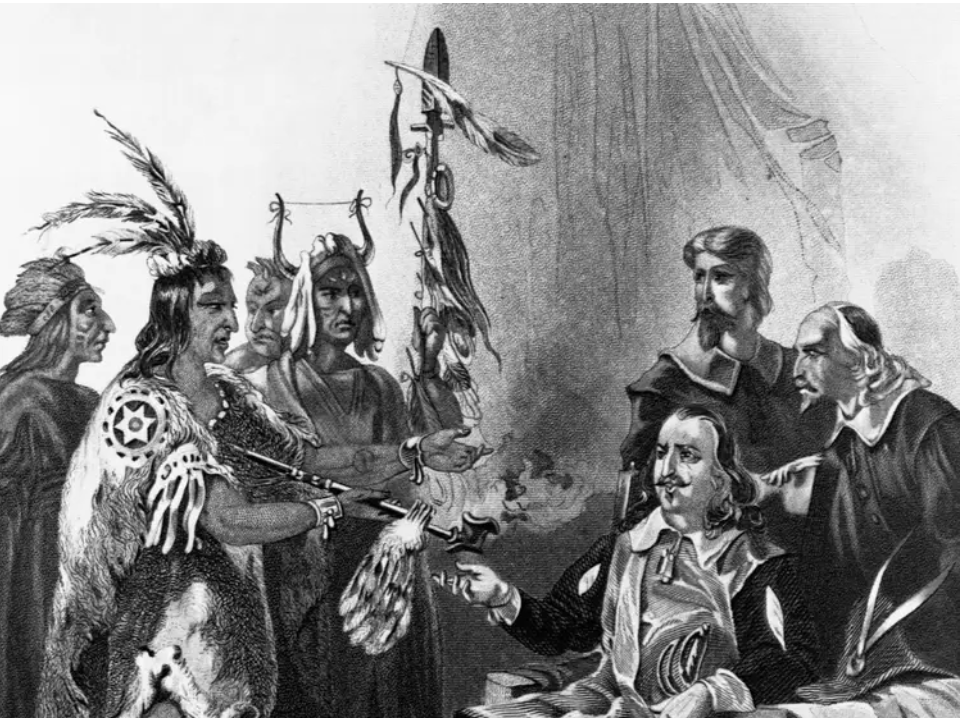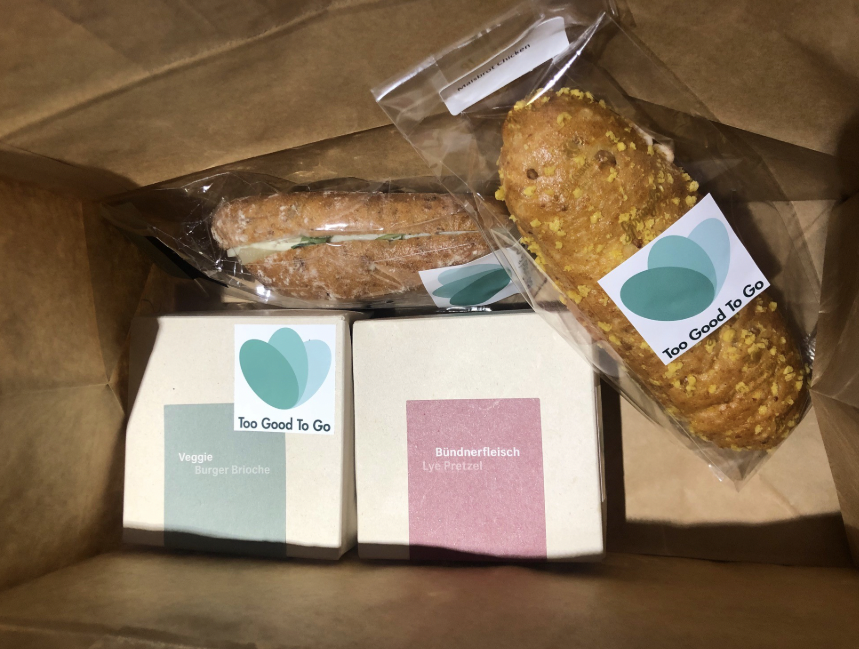By Yuval Israel, Year 11
Thanksgiving is a national holiday celebrated on various dates in the US, Canada, Grenada and many other countries. In the United States, it is generally believed that Thanksgiving was first celebrated on November 23, 1621, at a harvest feast shared by English colonisers, known as Pilgrims. Its purpose is to celebrate large and prosperous harvests, to be thankful for blessings in the past year and to offer a chance to ask forgiveness from God. As told in this traditional story, the friendly Natives taught the English colonists how to survive in the ‘New World’ and shared their agricultural knowledge.
Although eating Turkey and gratefully celebrating a day of blessings and forgiveness is all pleasant and amusing, this joyful and well-mannered holiday is associated with a disturbing and shadowed past which most of our society are not familiar with.
In 1621, the English settlers on the ship “The Mayflower”, arrived on land they would soon colonise and rename Plymouth, MA. They soon learnt of the Wampanoag tribe living on the land and soon colonised their homes, the homes of Native Americans which had been living there peacefully far before the invasion of the English. The diseases carried by arriving Europeans were deadly amongst of the Natives and wiped out and displaced the local population.
Eventually, the Wampanoag leader, Massasoit, negotiated a peace treaty between the Wampanoag tribe and the Pilgrims, and for around 10 years, this treaty was successful. The Pilgrims and Natives traded Wampanoag land in exchange for English goods. However, in 1675, the treaty’s lines began to blur. Around that time, 25,000 new European settlers had arrived, inflicting new plagues on the Natives surrounding them, decreasing the numbers of Natives and increasing the numbers of English Colonisers. Social unrest grew out of control and led to the execution of three Natives who had murdered a Settler after a disagreement. This created ‘bad blood’ and mistrust between groups and resulted in mass violence and bloodshed. By the Fall of 1675, the Colonizers began to attack the Natives and their settlements.
The two cultures clashed in a series of bloody battles called “King Philip’s War”, which led to significant casualties on both sides. This war resulted with the decimation of the Native American population and to the loss of land, culture and traditions.
Between the 18th and 20th Centuries, forced assimilation was implemented and the US Government aimed to eradicate the Native American culture, language and religions, and instead implement the Christian and Western societal norms. Native American children were exposed to harsh psychological and physical oppression in schools and were forced to watch as their culture was washed away. Ceremonies and sacred sites were destroyed by the US Government, displaying a lack of religious and cultural freedom that was desperately longed for as the Indigenous people were deprived of their culture and lack of home.
This holiday, although joyful and fulfilling for many people, also serves as a grave reminder to the atrocities committed against the Native Americans by the English Colonisers. The celebration of Thanksgiving should no longer be able to mask the tragic history of what happened to the Native American population.



